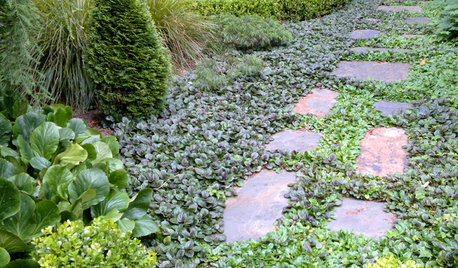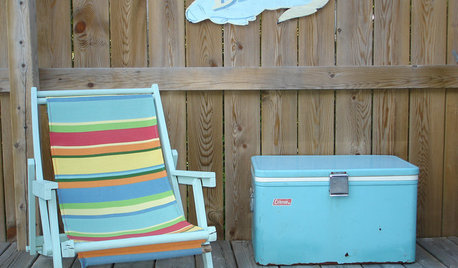Peat substitute?
phnorque
15 years ago
Related Stories

FARM YOUR YARDHow to Grow Vegetables in Containers
Get glorious vegetables and fruits on your patio with a pro’s guidance — including his personal recipe for potting mix
Full Story
GROUND COVERSGround Force: 10 Top Ground Covers for Your Garden
Protect your soil from weeds and drought this summer with a living mulch of ground covers
Full Story
FUN HOUZZDon’t Be a Stickybeak — and Other Home-Related Lingo From Abroad
Need to hire a contractor or buy a certain piece of furniture in the U.K. or Australia? Keep this guide at hand
Full StorySponsored






anniesgranny
medontdo
Related Professionals
Deer Park Landscape Architects & Landscape Designers · Waunakee Landscape Architects & Landscape Designers · Peabody Landscape Contractors · Cudahy Landscape Contractors · Dunwoody Landscape Contractors · Gaithersburg Landscape Contractors · Inglewood Landscape Contractors · Streamwood Landscape Contractors · University City Landscape Contractors · Branford Fence Contractors · La Canada Flintridge Fence Contractors · Lady Lake Fence Contractors · Meridian Fence Contractors · Salt Lake City Fence Contractors · Sunrise Manor Fence Contractorsribbit32004
medontdo
carolynp
jbest123
sinfonian
engineeredgarden
anniesgranny
sinfonian
jbest123
anniesgranny
jbest123
engineeredgarden
sinfonian
engineeredgarden
flatlander